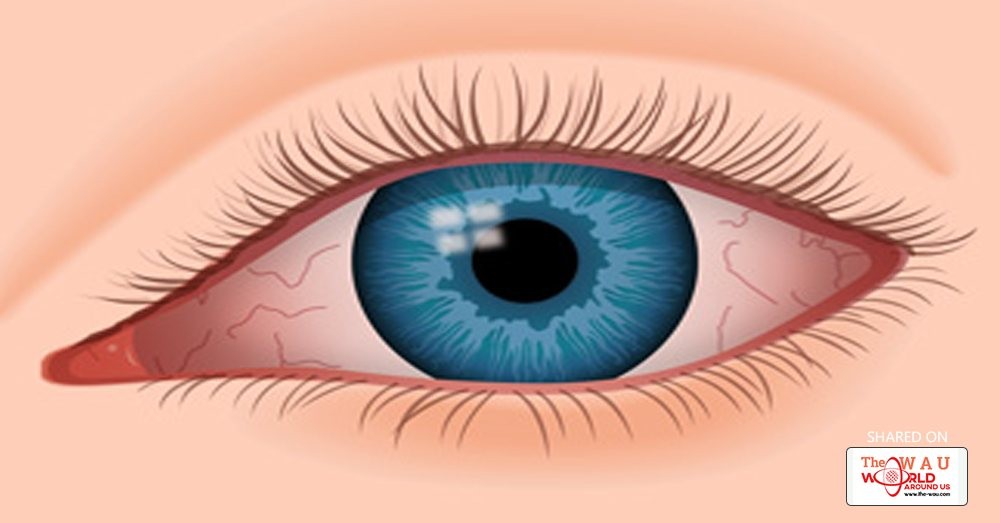Even when you’re happy, your eyes are full of tears. They provide moisture and lubrication to help you see and keep your peepers comfortable.
What’s in a tear? They’re a mix of:
- Water, for moisture
- Oils, for lubrication
- Mucus, for even spreading
- Antibodies and special proteins that keep infection at bay
The ingredients come from special glands around your eye. Dry eyes often mean your tear system is out of whack.
When tears don’t provide enough moisture, you might notice:
- A gritty feeling
- Feeling like there’s something in your eye
- Itching
- Redness
- Blurry vision
- Light sensitivity
Sometimes, dry eyes create too many tears. This confusing condition is called reflex tearing. It happens because the lack of moisture irritates your eye. It sends a distress signal through your nervous system for more lubrication. Your body sends a flood of tears to try to make up for the dryness. It’s a lot like what happens when you get sand in your eye and it runs. But these tears are mostly water, so they don’t act like normal tears. They can wash debris away, but they can’t coat your eye’s surface.
What Causes Dry Eyes?
Sometimes, there's a lack of balance in your tear-flow system. Or your air conditioner, heater, or other things around you could dry out your tear film. Other causes include:
- The natural aging process, especially menopause
- Side effects of certain drugs like antihistamines
- Diseases that affect your ability to make tears, like Sjogren's syndrome, rheumatoid arthritis, and collagen vascular diseases
- Problems that don’t allow your eyelids to close the way they should
How Are Dry Eyes Treated?
There are a number of options. Ask your eye doctor what to do. Treatments include:
Artificial tear drops and ointments. This is the most common treatment. Many types of drops are available over the counter. No one product works for everyone, so you might have to try a few to figure out the one that’s right for you. If you have chronic dry eye, you need to use the drops even when your eyes feel fine, or they won’t stay wet enough. If your eyes dry out while you sleep, you can use a thick product, like an ointment, at night. You might think about sleeping with airtight goggles on. They'll create a mini "moisture chamber" for your eyes
...[ Continue to next page ]
Share This Post















